Story of Mrs.Hemali Ajmera
This is the story of how I, with the support of my family, fought on both – the medical as well as legal fronts – and finally underwent a kidney transplant.
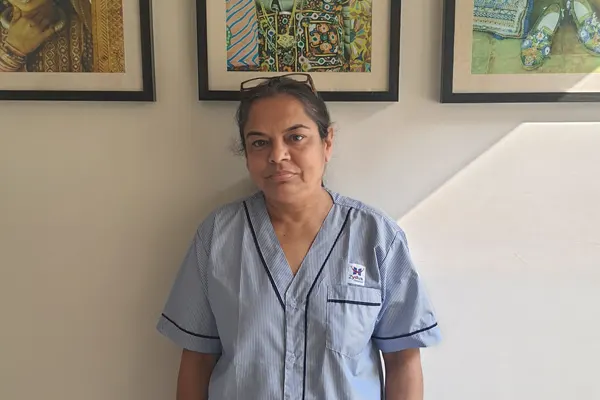
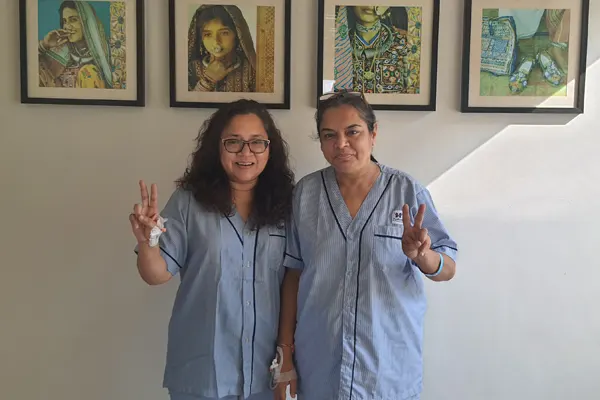
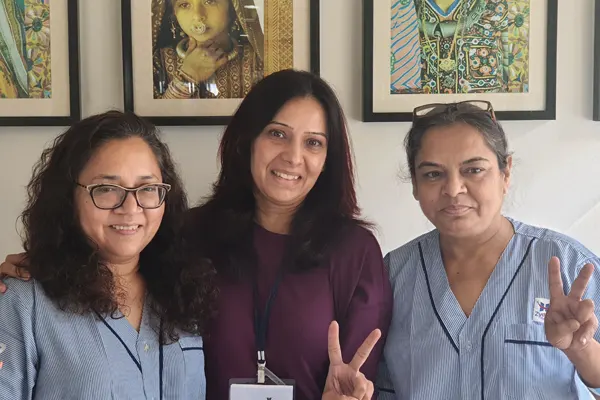
Brief Story of Hemali Ajmera
I am Hemali Ajmera, born and educated in Mumbai, a nutritionist by profession, and married to an immigration lawyer for 30 years. We have three children. Throughout the first 50 years of my life, that is until 2019, I have been a healthy, active, and robust individual.
In June 2019, my youngest son was ready to leave for Canada for higher studies. He was looking forward to joining his two older sisters already settled there. Life was looking good to me and instead of being a depressed empty nester, I was looking forward to the coming years. I was finally getting the chance to fulfill my long-cherished dreams, having completed most of my responsibilities towards my family and children. The time had come for me to do things I always wanted to do but could not embark upon due to various obligations. I had planned on doing so many things – traveling, learning a new hobby, writing, gardening, yoga, etc., etc., etc. But life had other plans for me as I soon discovered.
Two weeks before my son left India, I was admitted to the hospital for uncontrolled blood pressure. After numerous tests, I was diagnosed with Chronic Kidney Disease (CKD). I was devastated. I knew that this would ultimately lead me to dialysis and then a transplant. I started following a strict dietary regimen, along with the necessary medications. Many friends and relatives suggested that I try alternative medicines because they seemed to be very effective in managing CKD. Everyone knew someone who had been cured/got better by resorting to alternative therapy. This gave me immense hope. I tried everything under the sun – Ayurveda, homeopathy, naturopathy, yoga, pranic healing, Tibetan medicine, and every other available form of alternative therapy to retard the progress of CKD and maybe cure it. I was very optimistic and confident that eventually, I will be able to revive my kidney function and be completely fine as before.
However, what happened was exactly the opposite. My creatine levels kept rising and tests showed that my kidney function was deteriorating rapidly. In January 2022, I contracted COVID. After that, my health deteriorated further. In March 2022, my creatine level was more than 10. In April 2022, I was admitted to the ICU in a hospital in Ahmedabad with classic kidney failure symptoms. Within a week I had undergone four cycles of dialysis.
My experience with dialysis was quite painful, to say the least. The twice-weekly dialysis was taking a toll on my health. My weight had reduced from 68 kgs to 48 kgs.
Eventually, I braced myself and settled into a routine of undergoing dialysis twice weekly. After about a month, my nephrologist advised that I must register for a cadaver kidney transplant with SOTTO, Gujarat since I did not have any live donor available to donate a kidney.
To register for a cadaver transplant, we approached the Civil Hospital in Ahmedabad where Gujarat SOTTO is located. They asked us to provide a ‘domicile certificate’ for registration. We thought it would be easy to get one since I had been living in Gujarat for more than 12 years. Upon inquiry, we received conflicting information about applying for and receiving a domicile certificate in the state of Gujarat.
In May 2022, I applied for a domicile certificate at the local police station. I was informed that my application would be forwarded to the Police Commissioner’s Office which was responsible for issuing the domicile certificate.
In June 2022, I was denied a domicile certificate in writing, the reason being my Canadian citizenship. Although I had lived in Gujarat for more than 12 years (2 years more than the required 10-year stipulation for residency), it didn’t seem to count. We owned a house in Ahmedabad also and had been diligently paying our taxes. We wrote to the Police Commissioner’s Office explaining this fact and also the reason for wanting a domicile certificate (to register for transplant). We received no reply from the Commissioner’s Office.
My husband being a lawyer, started studying domicile law in depth. He also studied the Organ Transplant Law and we did extensive research. What we discovered shocked us. There was no mandatory requirement in the law to submit a domicile certificate for registration! We also found that the term ‘domicile’ is incorrectly used and interpreted by state governments across India. This important information prompted us to legally challenge the refusal to issue a domicile certificate in the High Court of Gujarat. Thus we ended up fighting the battle for my life on two fronts – medical and legal.
In July 2022, we filed a writ petition in the High Court. At this time, we became aware of two other cases who had been denied a domicile certificate by the Gujarat Government.
Finally, the case came for a hearing on 14th November 2022. After 2 days of hearing in the court, the final judgment was delivered on 21st November 2022. In his judgment the honorable judge declared the Government of Gujarat’s guideline asking for a domicile certificate for cadaver transplant registration as illegal and in violation of Article 21 of the Indian constitution.
However, after four months of legal battle, this victory did little to cheer me up as my health was deteriorating rapidly. Dialysis was becoming more and more painful. My blood pressure and glucose levels fluctuated wildly during dialysis, leading to hypotension and hypoglycemia. Every dialysis cycle left me weak and drained out, with unbearable pain in my hand. I was slowly slipping into depression. Some days I preferred to die rather than undergo extreme pain and suffering during dialysis.
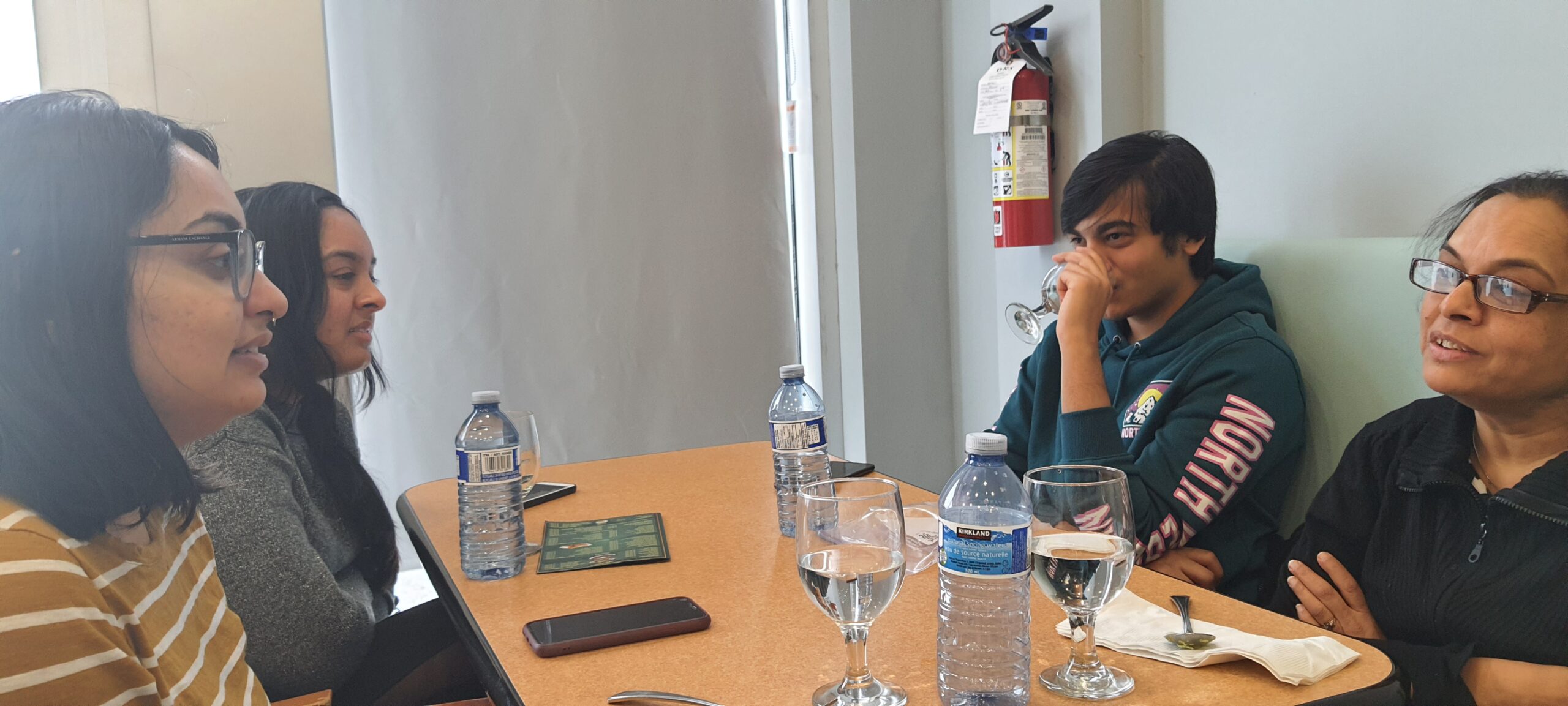
Distressed by my delicate situation, my younger sister, Vaishali, decided to donate her kidney to me. Obviously, she went through many emotional ups and downs before making the final decision. Since she was the sole caregiver to my aging parents and the breadwinner of the house, there were many considerations before she could make such an important decision. But love supersedes all obstacles and her love and affection for me finally won over every other impediment.
After the final decision was made, we both sisters started the process of undergoing the requisite tests. The next few months were extremely busy, the days filled with hospital visits, laboratory tests, collection of documents and mentally preparing ourselves for the transplant surgery.
Just when we thought the worst was behind us, we faced another legal complication. The transplant coordinator at the hospital where we were to undergo the transplant surgery informed us that since I was a Canadian citizen, I had to obtain a No Objection Certificate (NOC) from the Canadian government. Not only that, but the Canadian government had to also confirm in writing that Vaishali (my sister) and I were real sisters. Not surprisingly, this ridiculous request was flagrantly rejected by the Canadian government. They refused to give a NOC as per the hospital’s demand. They however agreed to give a letter as per their standard format.
Eventually, after a month and a half of going back and forth between the hospital and the Canadian Consulate in Mumbai, we were able to obtain an NOC from the Canadian government (albeit as per their standard format). The Canadian government was very cooperative but they had to abide by their own rules and protocols.
By mid-December, we had all the documentation in place. We appeared before the state ethics committee which gave the final approval for the surgery. At long last my kidney transplant surgery was conducted on 6th February 2023. With the unconditional support, care, and love of our immediate families and with the professional expertise of the medical team, the surgery was a success and we both sisters were on the road to recovery.
When my husband and I were battling the legal challenges facing us for transplant registration, we could not find a single site or source where we could get authenticated and updated information regarding the organ transplant law in India. Our research showed that this domicile certificate requirement was affecting lakhs of patients and their families across India. This set us thinking. If educated people like us, who had so many resources at our disposal, were facing so many hurdles and red tape, what about people who came from small towns or villages, having very limited resources at their disposal and not having the capacity (education-wise and financially) to understand the law. How much struggle, anxiety, and strain they must undergo to meet the endless documentation and medical requirements for transplant surgery? Therefore, we resolved to do something about this situation so that in the future patients did not have to suffer from unnecessary legal complexities as we and thousands before us had.
In October 2022, an NGO named GOLA Foundation read my story in the media and decided to file a Public Interest Litigation (PIL) in the Supreme Court of India challenging the domicile certificate requirement by all states and union territories of India and the interpretation of certain provisions of The Transplantation of Human Organ Act (THOA) & Rules.
Based on this directive, a meeting was held on 9th January 2023 by NOTTO for all state health departments, SOTTOs, and ROTTOs. At this meeting it was decided that the government should adopt one uniform policy for organ transplant across India and no SOTTO should ask for a domicile certificate for registration for cadaver organ transplant. Many other issues were also decided but the three most important issues resolved were:
- No requirement for a domicile certificate for cadaver transplant registration with SOTTO.
- No registration fee is required to be paid by recipients when registering for a cadaver transplant in any state SOTTO.
- Persons over 65 years of age can now register for a cadaver transplant which was not allowed before.
For a copy of the minutes of this meeting, please click here.
This small victory motivated us to launch OneIndiaOnelaw.org with the following objectives:
- Loss of one organ or one life due to legal complexities during the transplantation process is one too many and should be avoided at all costs.
- As per the Supreme Court of India’s directive, bringing uniformity in the Organ Transplant Law across India is the need of the hour.
The Honorable Prime Minister of India, Shri. Narendra Modi, also mentioned these changes in his “Mann Ki Baat” podcast dated 26th March 2023.
I thank God for giving me the strength and foresight to turn my adversity into an opportunity to assist those who may require help in navigating the complex legal web surrounding organ transplants.
I invite others to share their stories and experiences regarding the legal complexities faced by them during the organ transplant process (from registration until the actual surgery) with us and we will be happy to share them on this site.
To share your story or reach Hemali, please email: info@OneIndiaOneLaw.org
OUR MISSION
Our mission is to promote a clear, consistent, and unambiguous implementation of The Transplantation of Human Organs and Tissues Act, 1994 and the Transplantation of Human Organs and Tissues Rules, 2014 in every hospital across India. We aim to ensure that every patient is able to access organ transplantation without facing any legal complexities or inconsistencies.
CONTACT US
- Office +91-9157184643
- info@oneindiaonelaw.org
- One India One Law - Copyright 2023
- PSR (Professional Social Responsibility) an initiative of Ajmera Law Group | Donation not accepted
- info@oneindiaonelaw.org


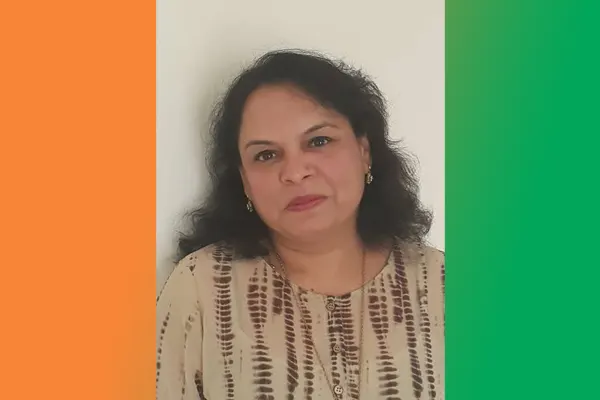
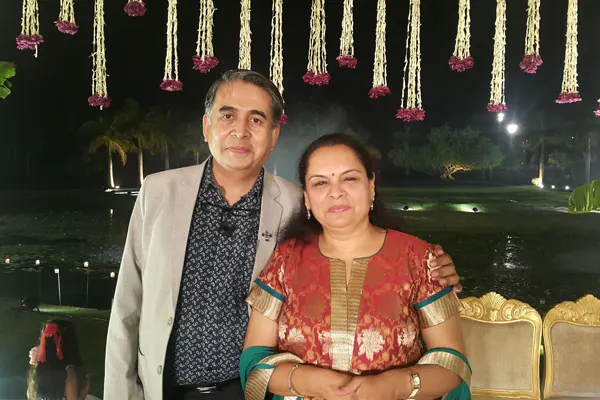


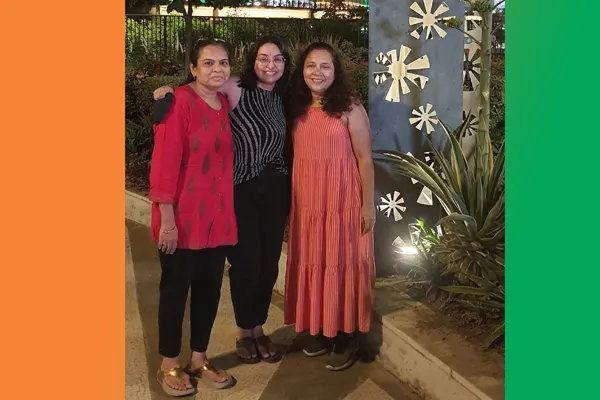
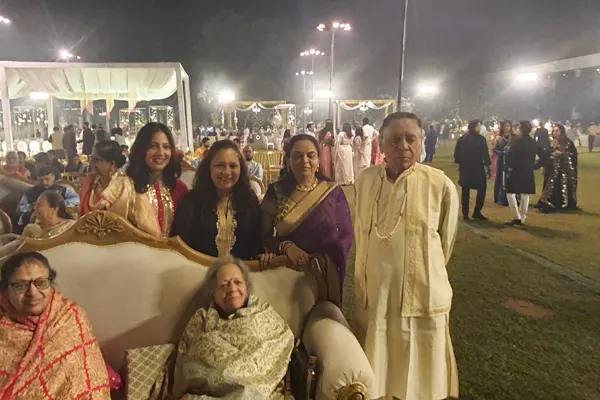

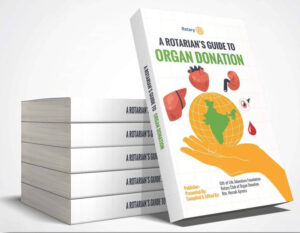
Leave a Reply
You must be logged in to post a comment.